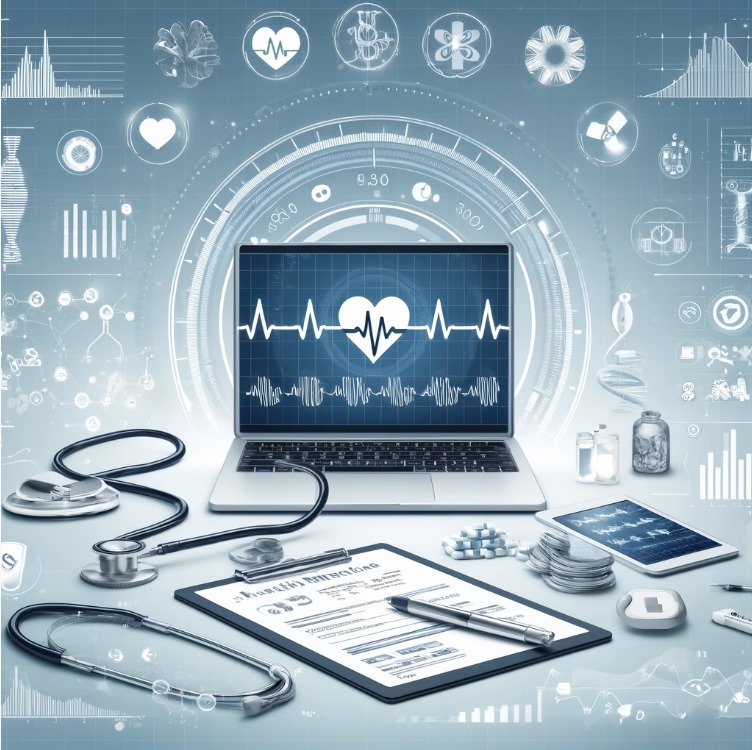Health data is defined as any personal data related to the physical or mental health of an individual. This includes data that reveals information about the individual's medical status.
Specifically, health data can include, but is not limited to:
- Past, Present, and Future Health: Information regarding an individual’s medical history, current health condition, or future health predictions.
- Medical Records: Data from doctor visits, treatments, diagnostic results, and medical prescriptions.
- Data Collected by Medical Devices: Health information gathered by wearables, fitness trackers, or other medical devices that monitor health conditions.
Key considerations when processing Sensitive Data under GDPR:
- Lawful Basis for Processing
- Consent (if required)
- Data Minimization
- Data Security
- Data Subject Rights
- Data Protection Impact Assessment (DPIA)
